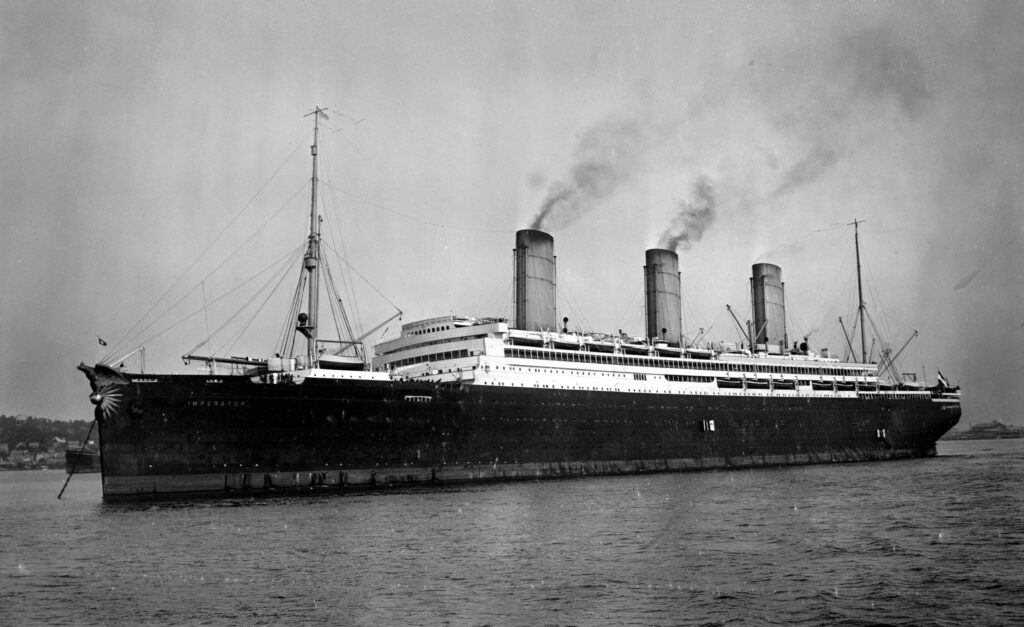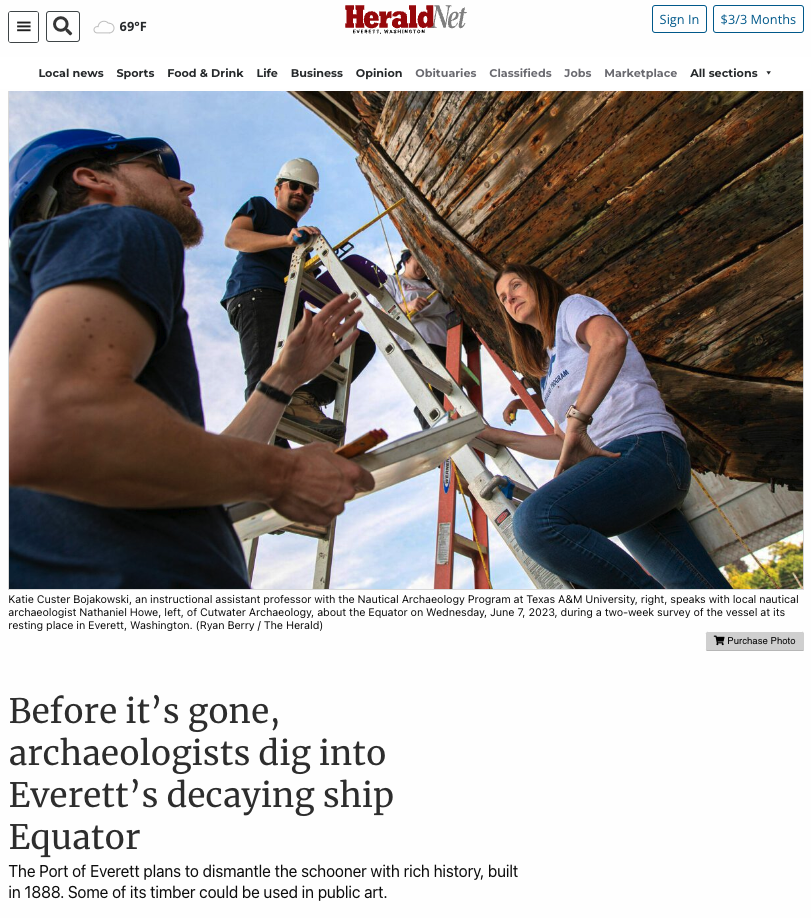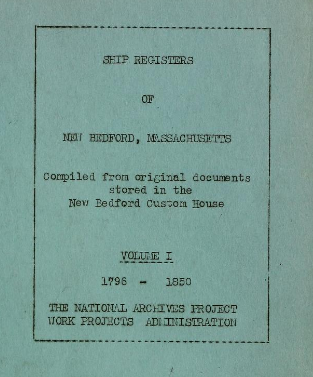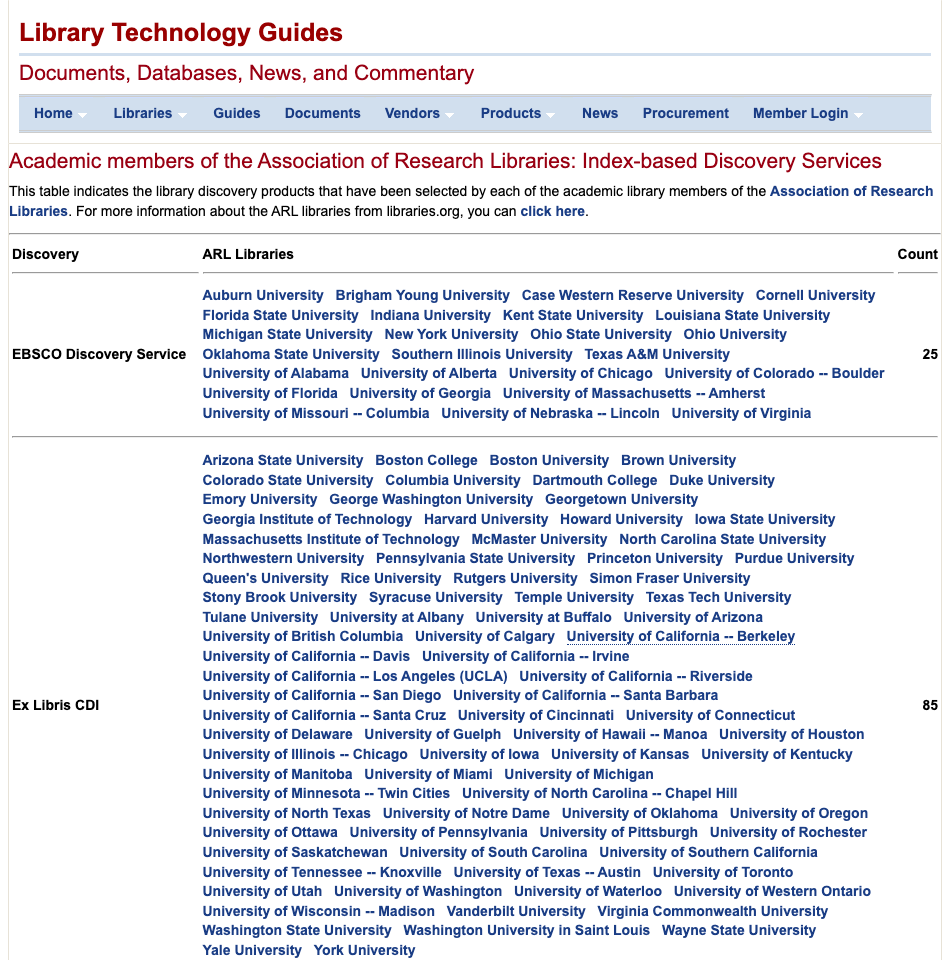This blog post offers links and notes related to my live webinar presentation to the Ohio Genealogical Society on July 11, 2023. It will be updated slightly after the presentation, to reflect any changes or discussions during the presentation. It’s not intended to represent all of the comments shared during the presentation, but instead to be a place where links and notes are stored, for the benefit of attendees.
Section 1. Using vessel research in genealogy – how it can be applied, and how it can benefit genealogy research
Important: Know what a resource can do: ShipIndex cannot really help you find information about a person, and the large genealogy databases cannot really help you find information about vessels. Use the right tool for the job!

Vessel research can help you find an image of the ship an ancestor emigrated on, or perhaps a picture of the ship that grandparents took their honeymoon on.
For ancestors who served in the military, vessel research can help you learn about their experiences: if you know what ship they were on, and when, then researching the history of the ship will help you learn more about their experiences.
Vessel research might help you find a diary or logbook kept by someone who was on the voyage that your ancestor was on.
Section 2. Using vessel research in maritime and other history – not just genealogy
Research in local history can help learn a great deal from maritime history – researching the vessel, rather than the people on it. Perhaps you have a mid-19th century panorama of the city and you’d like to research some of the boats you see on it?

Or you’re researching a schooner that’s been in the community for 70 years, but must be removed – such as Equator, in Everett, Washington.

Section 3. Using ShipIndex.org as a tool, among many, for doing this work
Introduction to ShipIndex, what it can and cannot do; comparing the free database and the subscription database.
‘Cards’ are used to differentiate between ships with the same name, and to bring together different names for the same ships. How does this work?
Options for doing advanced searching – see search features page for information about options on doing more advanced searching.
Section 4. Other options for vessel search, beyond ShipIndex

There are many ship registers available; not all are included in ShipIndex.org, since acquiring a list of their content can be quite difficult (or impossible!). Some examples:
- Lloyd’s Register of Ships Online (British, 1764-1998)
- Australian Maritime Safety Authority registry (Australian, current)
- Ship Registers of New Bedford, Massachusetts (in Internet Archive, 1796-1850)
Section 5. Ways of searching the free web most effectively
When using Google, try the “AROUND” function, with the vessel type – so, for example, “constellation AROUND(5) sloop-of-war” – very different results from just “constellation“!
Use citations from Wikipedia to discover great sources about those ships that have Wikipedia entries.
Section 6. Finding the books and journals you’ve identified
Using WorldCat.org (from OCLC, based in Dublin, Ohio) to locate libraries that own a particular title – but consider the many challenges that come with searching WorldCat. It is not particularly reliable anymore. It’s very difficult to determine what library has a particular journal (ie, magazine) that you want. Become friends with your interlibrary borrowing partners! (And be sure to support them!)
If you’re having problems with OCLC, try searching the OhioLINK central catalog, to see which academic libraries in Ohio have a particular title.
Section 7. Searching for historical newspapers online – a great tool for learning more
See this list to locate digitized historical newspapers.
The Ohio Memory project includes lists of, and links to, many Ohio newspapers — most 19th century ones come from the Library of Congress’ Chronicling America project.
If searching is possible, certainly give it a try, but many interfaces do not have good search functionality. Conversion to text can also be very bad, which limits searching.
For an amazing interface and project, see the remarkable California Digital Newspaper Collection. I’ve become slightly obsessed with correcting content here, and I’ve discovered that the San Francisco Call has numerous listings of vessel arrivals and departures across the West Coast.
Section 8. Using University Libraries to do further research (APPROACH #1 – with database access)
Many – but definitely not all – academic libraries will allow visitors to enter and use their databases. When librarians sign contracts to provide access to these expensive databases, we try to ensure access for “walk-in” users – for anyone who comes in to the library. This will especially be true for public academic libraries. If you have an academic library near you, ask if you can use most of its resources as a walk-in user.
In Ohio, you have access to a range of databases via Ohio Web Library (though not, notably, ProQuest newspaper databases).
ProQuest Historical Newspapers is a valuable resource when searching newspapers. Others include Accessible Archives, NewsBank, and more. In ProQuest, try using “NEAR” function: so, “monongahela NEAR oiler“. (Use NEAR/#, where # is the number of words. NEAR without a number defaults to 4 words.)
Section 9. Using University Libraries without access, from afar – it’s still doable, sort of! (APPROACH #2 – without database access)
“Discovery Layers” are a tool for searching much (but definitely not all) subscription databases, all at once. Content from many subscription databases is pre-indexed and users can search a lot of databases all at once, similar to using Google.
There are two main companies who offer Discovery Layers: ProQuest (in their Ex Libris division) and EBSCO. Each discovery layer does NOT include the content from its competitor. Since ProQuest has superior coverage of historical newspapers, find a major research library who uses the Ex Libris CDI and also allows you to search their discovery layer without logging in. This site shows which of the largest US & Canadian libraries use which discovery layer. Use a library in the “Ex Libris CDI” section because they will include ProQuest databases in the discovery layer. Select a university, then click on “Library Web Site,” and find the place to start searching.
Not all libraries will allow you to search without logging in, so if one doesn’t, try another. Yale will, for example, so they’re a great place to start. In the Yale interface, you can even narrow it down to just newspaper articles. BUT BUT BUT BUT — and this is important — you CANNOT get to the article itself, at least not here! Discovering that the article exists, however, might be incredibly valuable.
For more information about historical newspapers in a certain state or city, consider looking at the LibGuides about newspapers in the state or province at the largest university library, or the state library, for that state or province. For example, OSU, or State Library of Ohio.
Section 10. Searching for journals and newspapers
What do you do if you’ve found an article, or a journal, that isn’t available at the library near you? Your best option is probably interlibrary borrowing, but there are other options, as well.
Section 11. Conclusion.
I believe that vessel research can improve your family history, and the story you tell in your genealogy. Some of it might just be “adding leaves to the tree” — finding images of ships that were tangentially connected with your family story, and look good in a document or book you create. Others will directly inform your understanding of your ancestors’ lives, such as by learning about the battles those on board a warship (including your ancestor) during World War II, or during another conflict.
I hope that learning a bit about some ways of doing some of this research might be useful and helpful to you.


